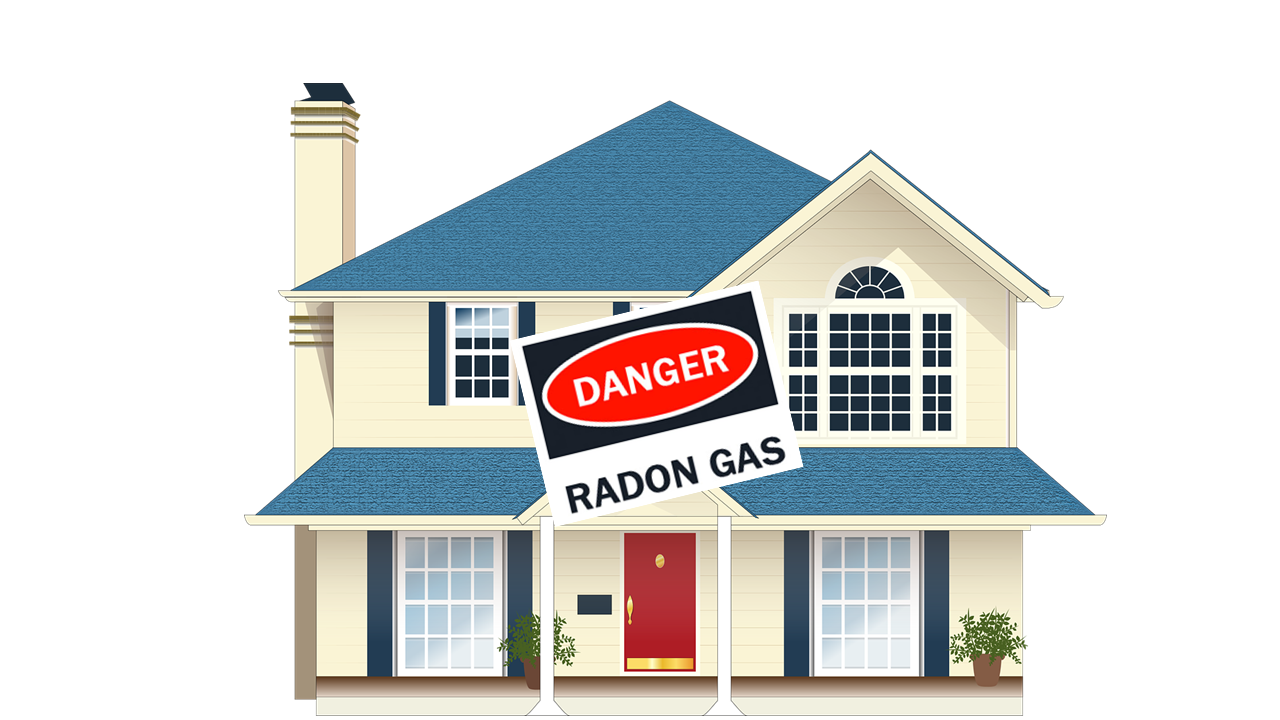MONTGOMERY – Do you know that winter is the perfect time to protect the health of yourself and your family from radon? Radon is the second leading cause of lung cancer in the United States, and is the leading cause of lung cancer in nonsmokers.
“The Environmental Protection Agency estimates radon causes 21,000 deaths in the U.S. a year," said David Walter, director of the Office of Radiation Control, Alabama Department of Public Health (ADPH). "The best time to test for radon is during the colder months, when your home is closed and radon levels are likely to build to their highest concentrations. So this is the time of year to test your home for cancer-causing radon gas, and we encourage you to urge friends and family to test their homes as well."
High levels of indoor radon have been found in many areas of Alabama; however, radon appears to occur most frequently in homes across the Tennessee Valley and in the foothills of the Appalachian Mountains from Jefferson and Shelby counties through Cleburne County. Because radon is a colorless, odorless gas that occurs naturally in soil and rocks through the breakdown of uranium, testing is the only way to know the radon level in a home.
Radon test kits weigh only a few ounces and cost about $15. Testing for radon should be done on the lowest level of the home on which the occupants spend time, so a finished basement or a basement containing a workshop is a good place to test. Kitchens are not recommended testing areas.
"Testing directions are on the kit, and it only takes a few days to obtain a sample," Walter said. "It is easy to perform a radon test on your home."
While radon test kits are available at many larger home improvement stores, Alabama homeowners can order kits online through the National Radon Program Services at http://sosradon.org. In addition, one free test kit per residence is available at http://alabamapublichealth.gov/radon.
If test results are above the levels recommended by the U.S. Environmental Protection Agency and the ADPH, homeowners should consider installing a radon remediation system. Systems generally cost between $1,500 and $2,500, depending on the square footage of the residence and the difficulty in finding a suitable pathway for the radon removal pipe. Homes with a crawl space, no gravel under the slab, or a completely finished lower level sometimes cost more. Visit http://alabamapublichealth.gov/radon for more information.




















